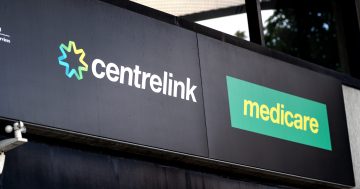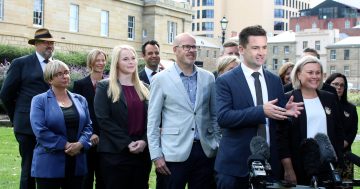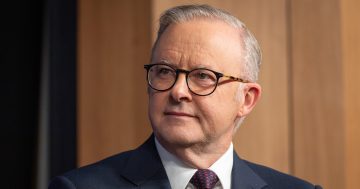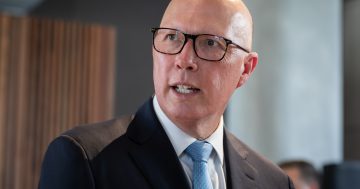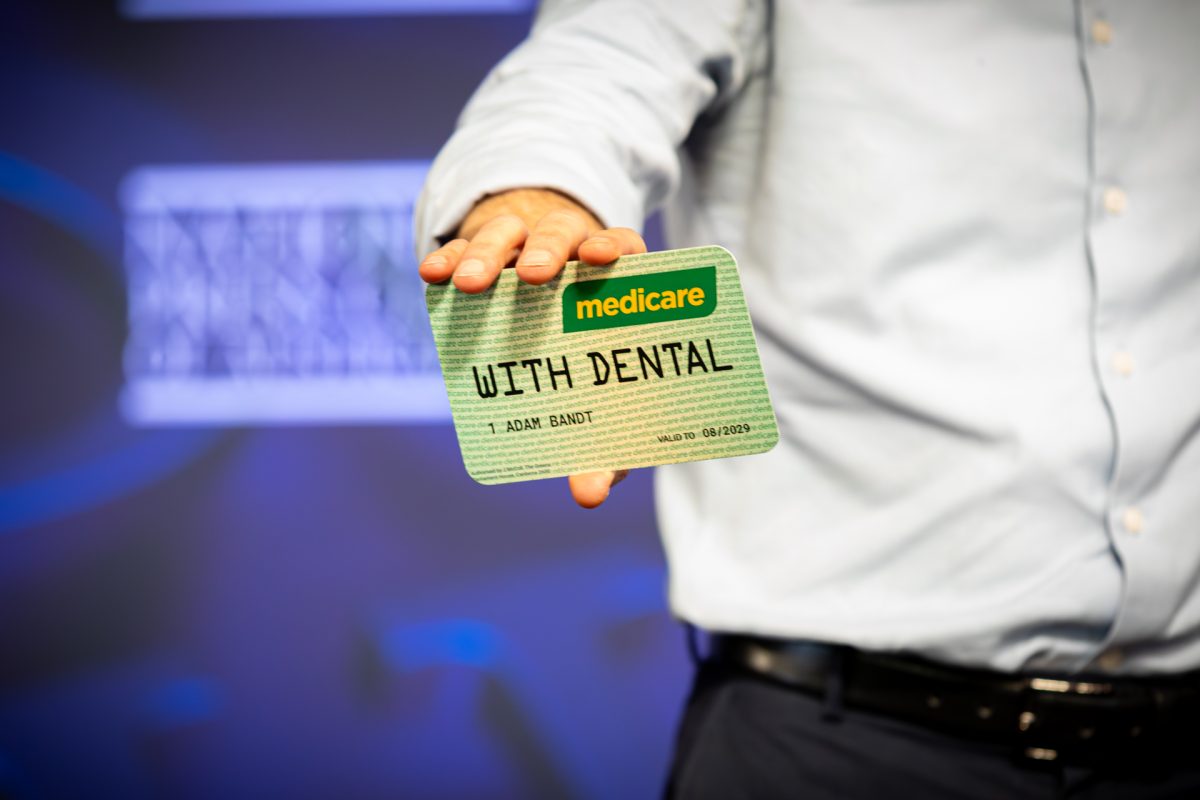
Adam Bandt at the National Press Club earlier this year announced that dental would be included in the Greens’ Medicare plan. Photo: Michelle Kroll.
The Greens have announced a wildly ambitious plan to establish 1000 free healthcare centres across Australia to provide GP, dental, nursing and psychological services with no out-of-pocket costs for patients.
Anticipating a minority government after the next federal election, the Greens, hoping to secure the balance of power, say the initiative is what they will be demanding of the next government in exchange for their support.
The plan forms part of the party’s ‘Robin Hood’ reforms and will be paid for by taxing big corporations the Greens say are profiting from price gouging during a cost of living crisis.
“One in three big corporations pays no tax. The Greens will make big corporations pay their fair share of tax so you can see the GP for free,” Greens leader Adam Bandt said.
“If you’re worried about the cost of seeing a doctor, dentist or psychologist, you’re not alone.
“In a wealthy country like ours, everyone should be able to get the healthcare they need, but more and more people are putting off health appointments because they can’t afford it.
“Under Labor and Liberal, big corporations are price gouging and making massive profits, but everyday people are hurting.
“The Greens are fighting for outcomes for everyday people, and that means being able to see a GP, psychologist, dentist or nurse for free with your Medicare card.
“We can’t keep voting for the same two parties and expecting a different result. If you want to see the GP for free, the first step is to vote for someone who’ll fight for you.”
The Greens say there will be at least six of these clinics per federal electorate once the rollout is completed over a four-year period. Government-employed healthcare professionals would provide the free services.
The plan aims to ensure everyone, not just specific cohorts, can access a bulk-billed GP appointment in private practice by tripling the bulk-billing incentive for everyone with a Medicare card.
They will implement a 20 per cent increase to Medicare patient rebates for longer appointments and ensure GP trainees receive equal pay to their hospital trainee counterparts.
Each component of the policy has been independently costed by the Parliamentary Budget Office, which put the cost at $54 billion over a decade.
Greens health spokesman Jordan Steele-John said people shouldn’t have to choose between going to the doctor, paying rent and putting food on the table.
“The majority of adults with a Medicare card are unable to find a bulk-billing appointment like they used to,” he said.
“We’re seeing people skipping regular appointments, prioritising their kid’s appointments over their own health, or not following up on test results because going to the doctor has become too expensive.
“This is exactly why we need to triple the bulk-billing incentive and establish free local healthcare clinics.
“We know that the future of general practice is in crisis. There’s a problem with too few trainee doctors choosing general practice.
“One of the key barriers to this is pay inequity. If a trainee chooses to undertake a GP traineeship, they get paid less than their peers training in a hospital.
“With the cost of living so high, students are making a financial decision to pursue careers other than becoming a GP. This is why the Greens are announcing our commitment to the future of the GP workforce with our plan to offer pay parity to trainee GPs.”
The Royal Australian College of GPs has welcomed the policy, saying much of it aligns with its own vision.
“Meaningful investment is needed to improve access to affordable GP care for all Australians, and I applaud the Greens for matching the RACGP’s calls for a 20 per cent increase for patient rebates for longer appointments,” RACGP president Dr Nicole Higgins said.
“This will make a huge difference at a time when many are struggling. A strong GP workforce is essential for a healthy Australia, but we know too many young doctors are put off from specialising in general practice due to the pay gap when they leave hospital training.
“The RACGP has been calling for government to encourage more home-grown doctors into general practice, including by closing the pay gap for GPs in training, and funding the entitlements GP registrars lose when they enter private practice.”
Original Article published by Chris Johnson on Riotact.


